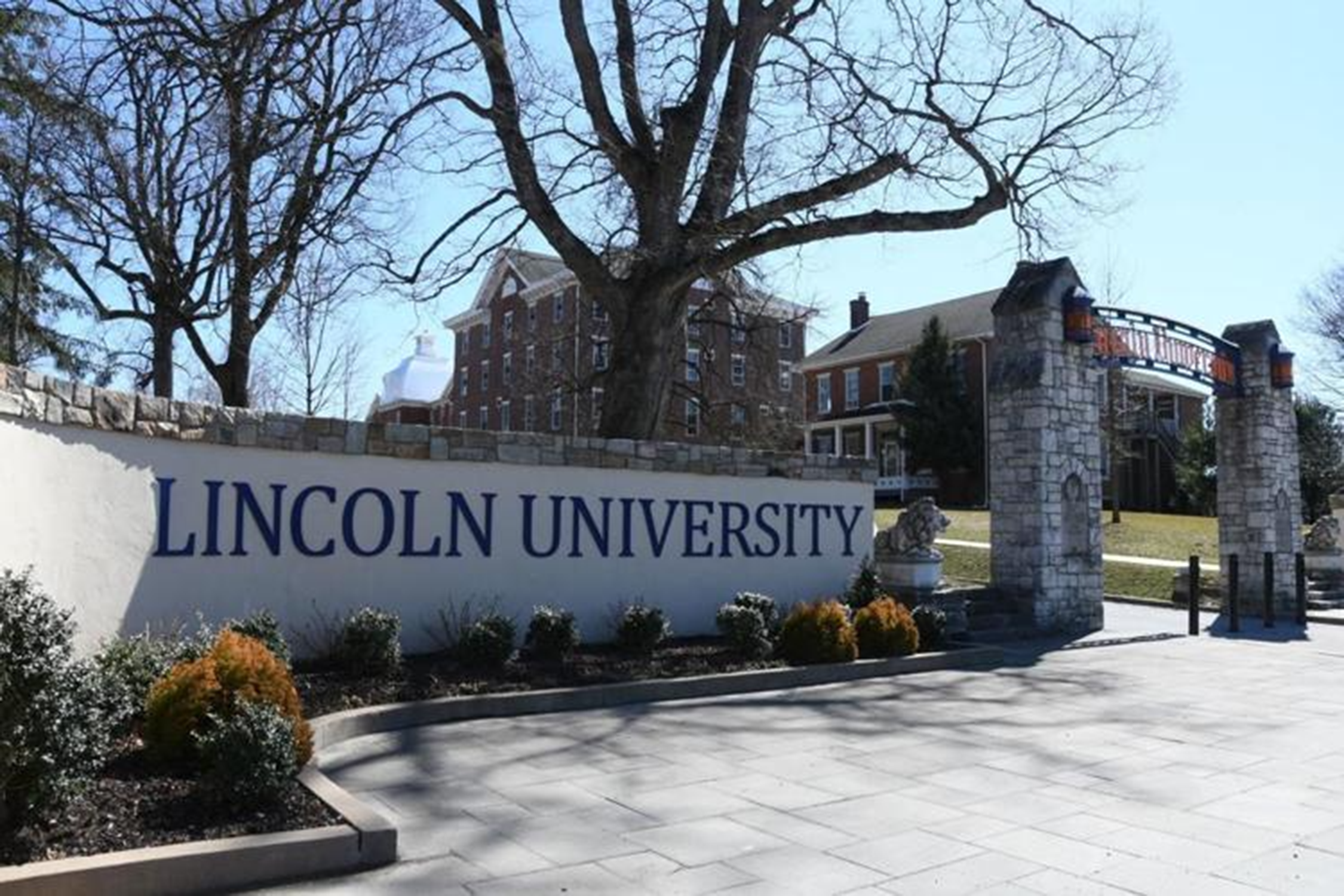Historically Black colleges and universities (HBCUs) play a critical role in the American system of higher education. HBCUs have existed for 180 years, and today there are 101 HBCUs in America.
In the wake of emancipation, Black Americans founded HBCUs to educate Black students. During the segregation era, HBCUs offered one of the only paths to a college degree for Black students.

Architect Magazine
Texas Southern University is one of the nation’s largest historically Black universities.
“HBCUs date back to the 19th century, when many offered Black students an opportunity for higher education. Today, HBCUs continue to serve a vital role in higher education,” according to Genevieve Carlton, award-winning historian and writer.
HBCUs weren’t a way to separate others, but give people of color opportunities they weren’t able to get. For most of America’s history, African Americans seeking a college education could only get it from an HBCU. Today, nine percent of all African American college students attend HBCUs.
HBCUs changed so many Black students’ lives for the better as HBCUs are vital for people of color because it helps to be around people who have gone through similar experiences. HBCUs makes it easy to be with people who don’t make you feel left out and to be around students who look like you.
As an East African American who has been to predominantly white schools it gives me joy that colleges exist where I can feel like I belong, and there are people who share the same struggles.
“After the Civil Rights movement, HBCUs continued to offer Black students a supportive, inclusive environment. Today, HBCUs graduate a high number of Black STEM majors,” according to Carlton

Dilemma X
Margaret Murray Washington Hall at Tuskegee University, a private historically Black college in Tuskegee, Alabama.
According to the United Negro College Fund (UNCF), “HBCUs are crucial to the success of many students who are working toward a bright future, but who may lack the resources they need to get there.”
“As the nation’s largest private scholarship provider to students of color, UNCF directly supports 37 of the 101 HBCUs in the United States,” states Dr. Michael L. Lomax writing for the UNCF website. “The reason is clear: HBCUs outperform non-HBCU institutions in retaining and graduating first-generation, low-income African American students.”
“Diversity within college graduates is vital because more voices from all corners of the United States makes us a better formed, positive, successful society. From making college affordable, to supporting African American students seeking degrees and careers in science, technology, engineering and mathematics (STEM) fields, HBCUs play a crucial role. And, we need people from across the country to show their support for HBCUs,” said Dr. Lomax.
HBCUs have faced many struggles in the past with funding. One of the ways HBCUs have overcome funding challenges is by looking to other sources of capital such as tuition, loans, government and research grants, and auxiliary services like dining, bookstores, parking, and student housing.
HBCUs have been able to overcome not getting enough excess to sources by forming partnerships with other institutions and organizations. For example, HBCUs have partnered with non-HBCUs to share resources and expertise. HBCUs have also formed partnerships with private companies, states, and other organizations to partner on workforce development, equity assessments, and community capacity building or engagement.
Historically Black colleges and universities play an important role in elevating Black scholars.

